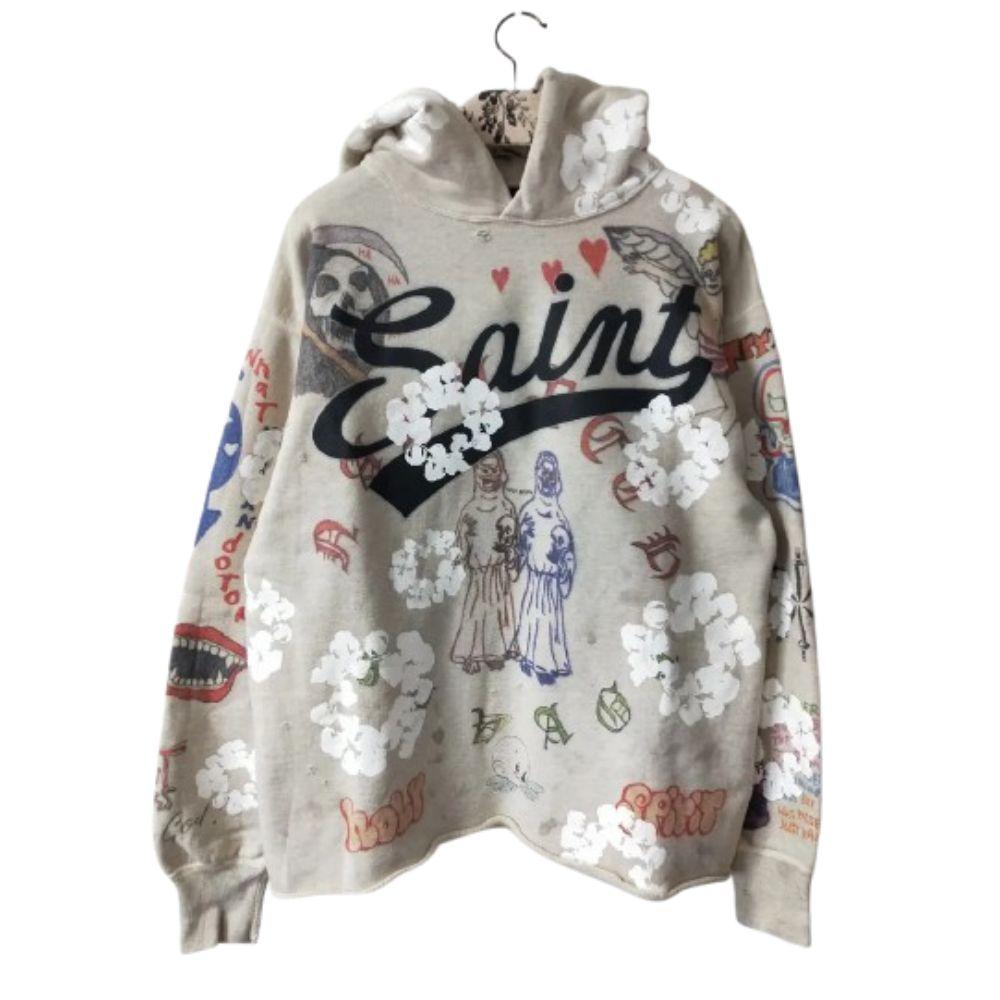GMP certification
GMP Certification
Good Manufacturing Practices (GMP) Certification is a globally recognized system that ensures products are consistently produced and controlled according to quality standards. It is primarily used in industries such as pharmaceuticals, food, cosmetics, and medical devices. The main goal of GMP certification is to minimize risks involved in production processes that cannot be eliminated through testing the final product. It focuses on ensuring product safety, quality, and compliance with regulatory requirements.
GMP provides a framework covering all aspects of production, from the selection of raw materials to facility design, equipment maintenance, sanitation, staff training, and documentation. It ensures that manufacturing facilities maintain proper hygiene, prevent contamination, and produce products that meet safety and quality specifications. GMP is not a one-time process but a continuous commitment to quality and process control.
There are various forms of GMP standards depending on the sector. In the cosmetics industry, ISO 22716 provides guidelines for Good Manufacturing Practices, focusing on production, control, storage, and shipment of cosmetic products. In the food industry, GMP often integrates with HACCP systems to ensure food safety and hygiene standards. For pharmaceuticals, the term “cGMP” (Current Good Manufacturing Practices) is used to emphasize continuous improvement and adherence to the latest industry practices and technologies.
The process of obtaining GMP certification begins with a gap analysis to assess current practices against GMP requirements. Organizations must identify deficiencies and make necessary improvements in processes, documentation, and facility layout. Once compliance is achieved, a certification body or regulatory authority conducts an audit to verify adherence to GMP principles. If the organization meets the requirements, a GMP certificate is issued. Periodic audits and inspections follow to ensure ongoing compliance.
GMP certification brings significant benefits to businesses. It enhances product safety, ensures consistent quality, and boosts consumer confidence. Certified companies are more likely to gain the trust of customers and regulators, opening up new market opportunities, particularly in industries where GMP compliance is a legal or customer requirement. It also helps reduce waste, rework, and product recalls by encouraging effective quality control systems and preventive measures.
In Bahrain and across the Gulf region, GMP certification is becoming increasingly important, especially in industries such as food, cosmetics, and pharmaceuticals. Local certification bodies and international organizations assist companies in achieving GMP compliance by providing training, audits, and certification services. By obtaining GMP certification, manufacturers in Bahrain can align their operations with global standards, enhance export potential, and ensure products meet both local and international safety expectations.
In conclusion, GMP certification is a vital tool for maintaining high-quality manufacturing processes and ensuring consumer safety. It represents a company’s dedication to excellence, quality assurance, and regulatory compliance. Whether for pharmaceuticals, cosmetics, or food, implementing GMP not only protects consumers but also strengthens brand reputation and market competitiveness.
Categories
Read More
Saint Mxxxxxx has become part of everyday streetwear for many people in the United States. Buyers often search for saint michael, saint mxx, or saint mxxx while trying to understand why the clothing feels practical rather than flashy. This article explains how Saint Mxxxxxx fits into daily life and why people wear it so often. One Brand With Different Search Names Saint Mxxxxxx is the...

In many industries, from construction and maintenance to logistics and field services, simple tools often make the biggest difference. While digital systems are everywhere, there is still a strong need for reliable, fast, and practical ways to record information on the go. This is exactly where tally books continue to prove their value. When these tally books are affordable, customizable, and...

Netflix ventures into the Middle East with a groundbreaking original, spotlighting Lebanese comedy star Adel Karam. Scheduled for a global 2018 release, this special marks a regional production first. Filmed at the iconic Casino du Liban in Beirut, Karam will blend sharp, culturally resonant humor on everyday Arab life and relationships. He joins a celebrated Netflix comedy roster, following...

朝のルーティンで仕事モードに切り替える 在宅ワークでも朝のルーティンは重要です。軽いストレッチや朝食、服装の整えで体と頭を目覚めさせま オンラインカジノしょう。朝のルーティンを毎日同じように行うと集中力が高まり、作業効率が向上します。習慣化が一日のスタートをスムーズにします。 作業スペースを整理して集中力を高める 整理された作業スペースは集中力を大幅に向上させます。机や椅子の高さ、照明、温度など環境を整えましょう。不要なものを片付けるだけでも気が散らず効率的に作業できます。快適な作業環境は在宅ワークの成果を左右します。 タスク管理で優先順位を明確にする 仕事の効率を上げるためにタスク管理は必須です。重要度と期限を整理し、優先順位を決めましょう。スマホアプリや手帳を活用して進捗を確認することで抜け漏れを防ぎ、短時間で多くの作業を効率的に完了させることができます。...

In today’s fast-paced fashion world, finding a brand that blends affordability, trendiness, and quality can feel like a challenge. This is where 4028Clothing stands out. Known for its modern aesthetic, versatile collections, and wide appeal, the brand has quickly become a go-to option for shoppers who want to look stylish without overspending. Whether you love streetwear, everyday basics,...


